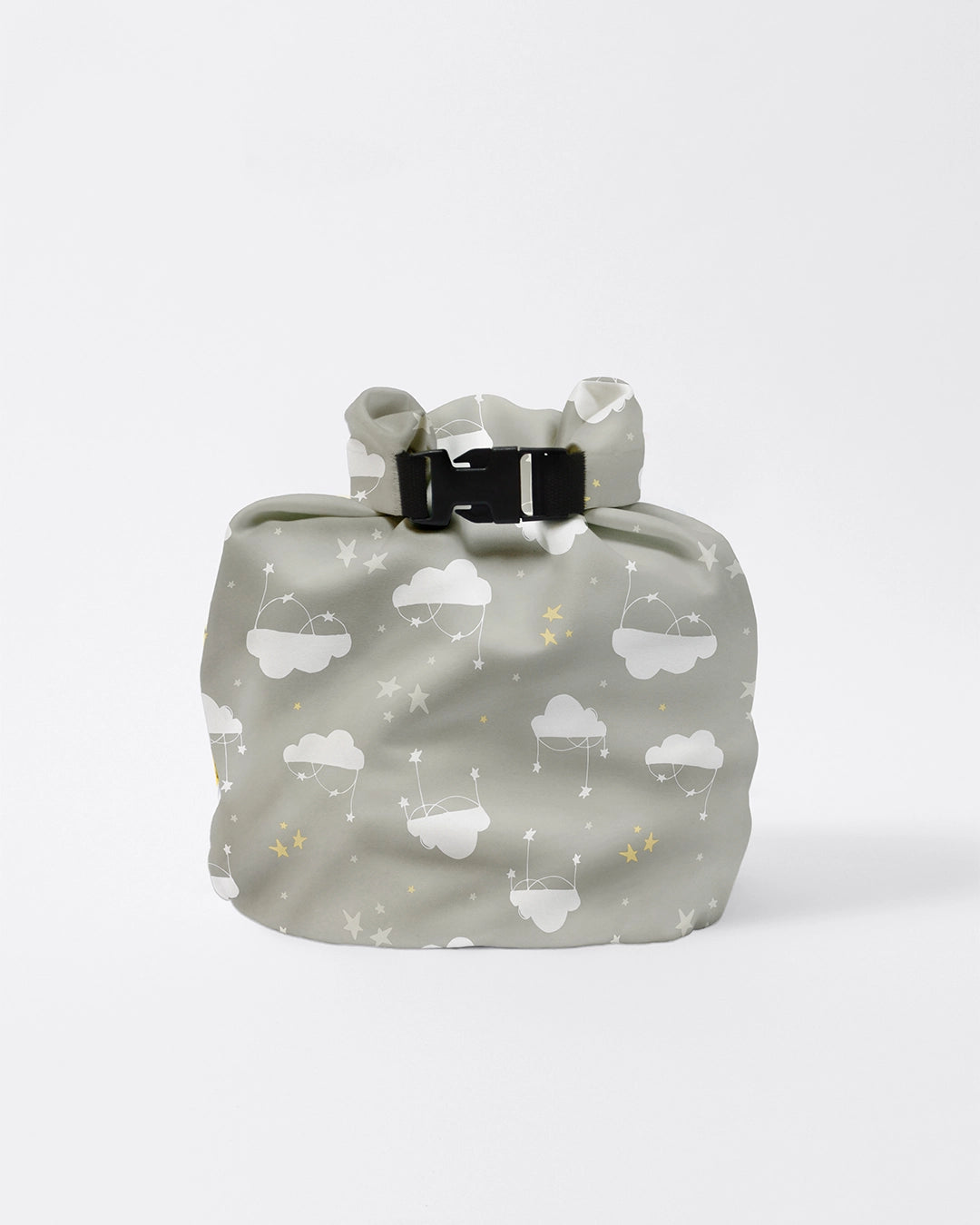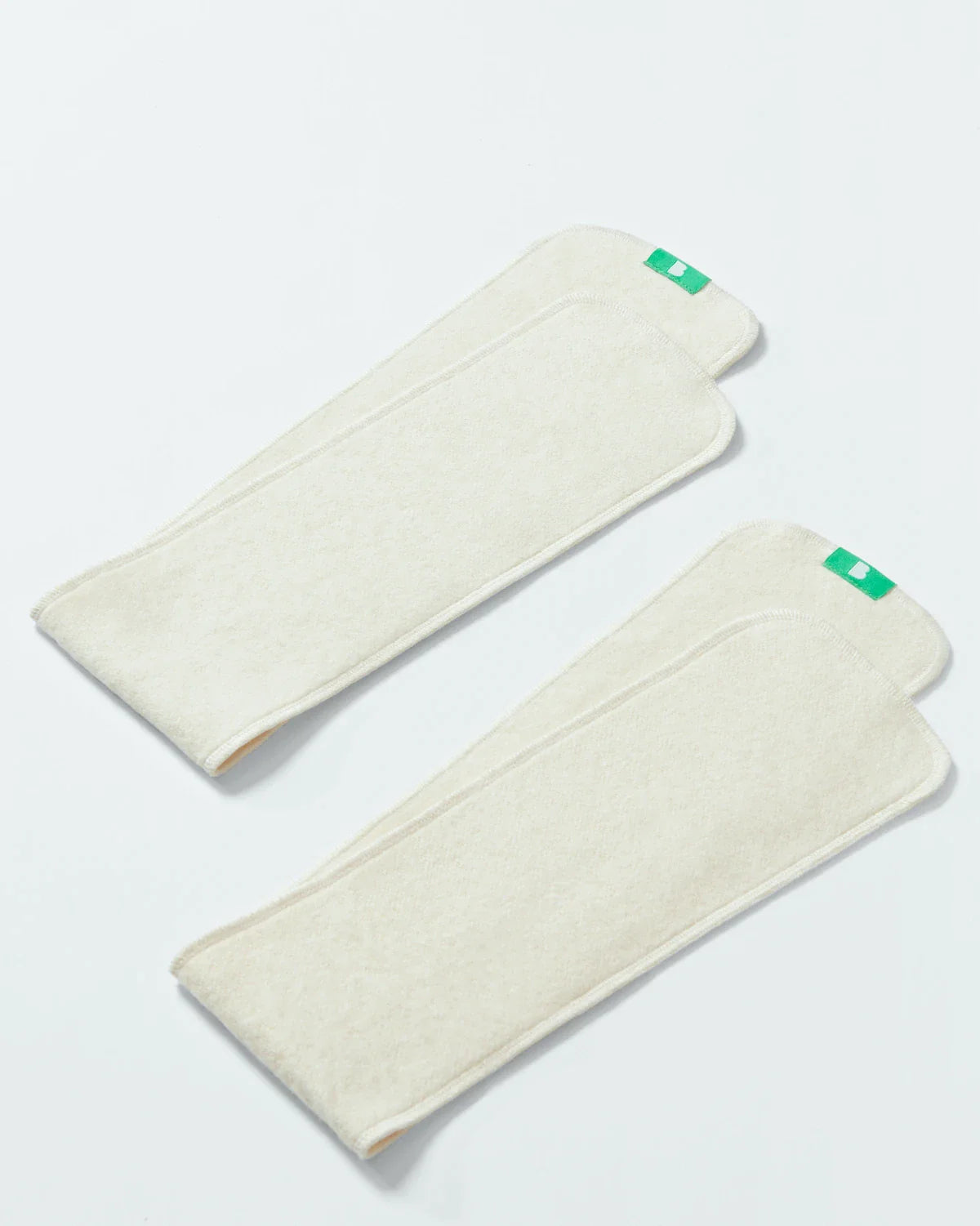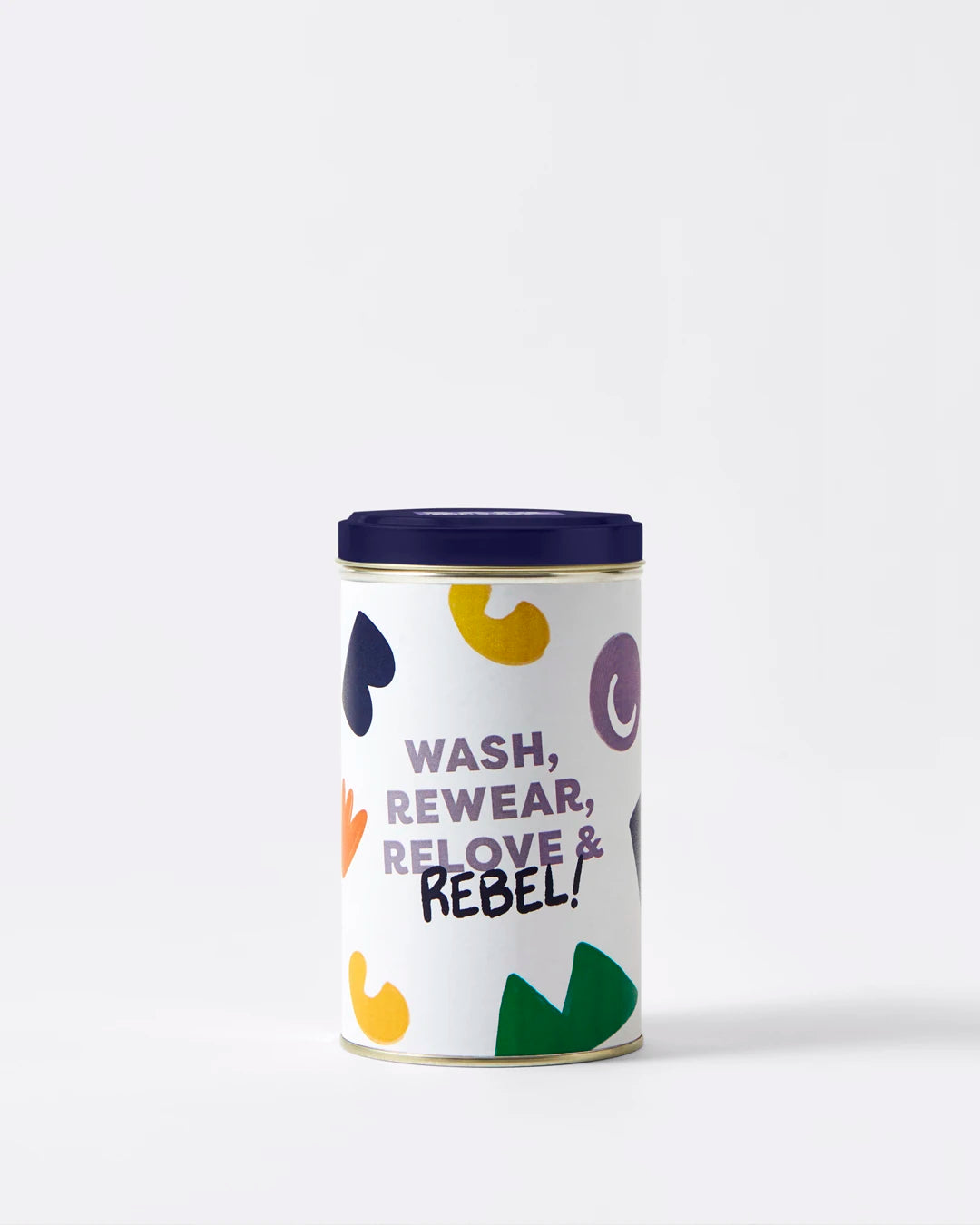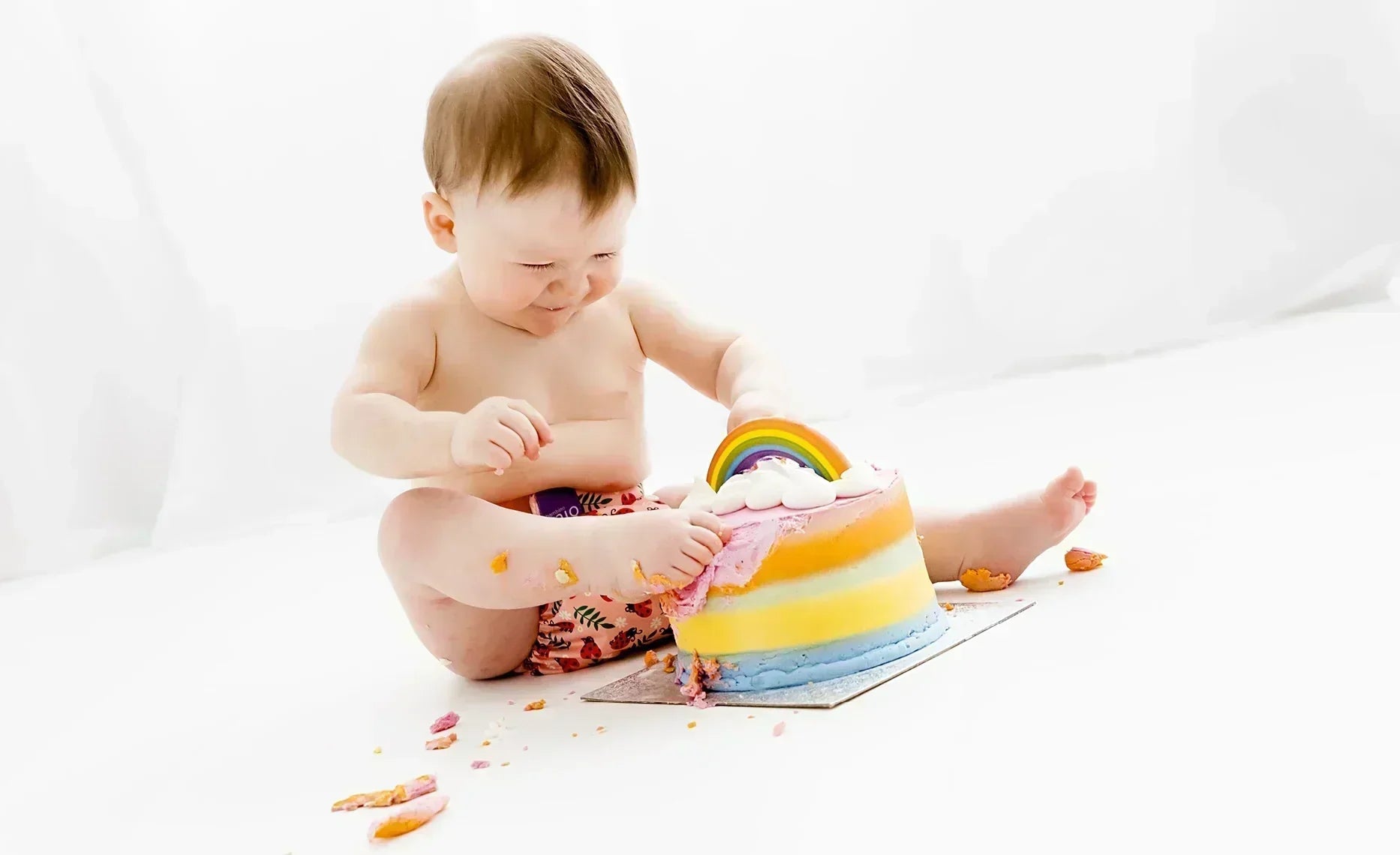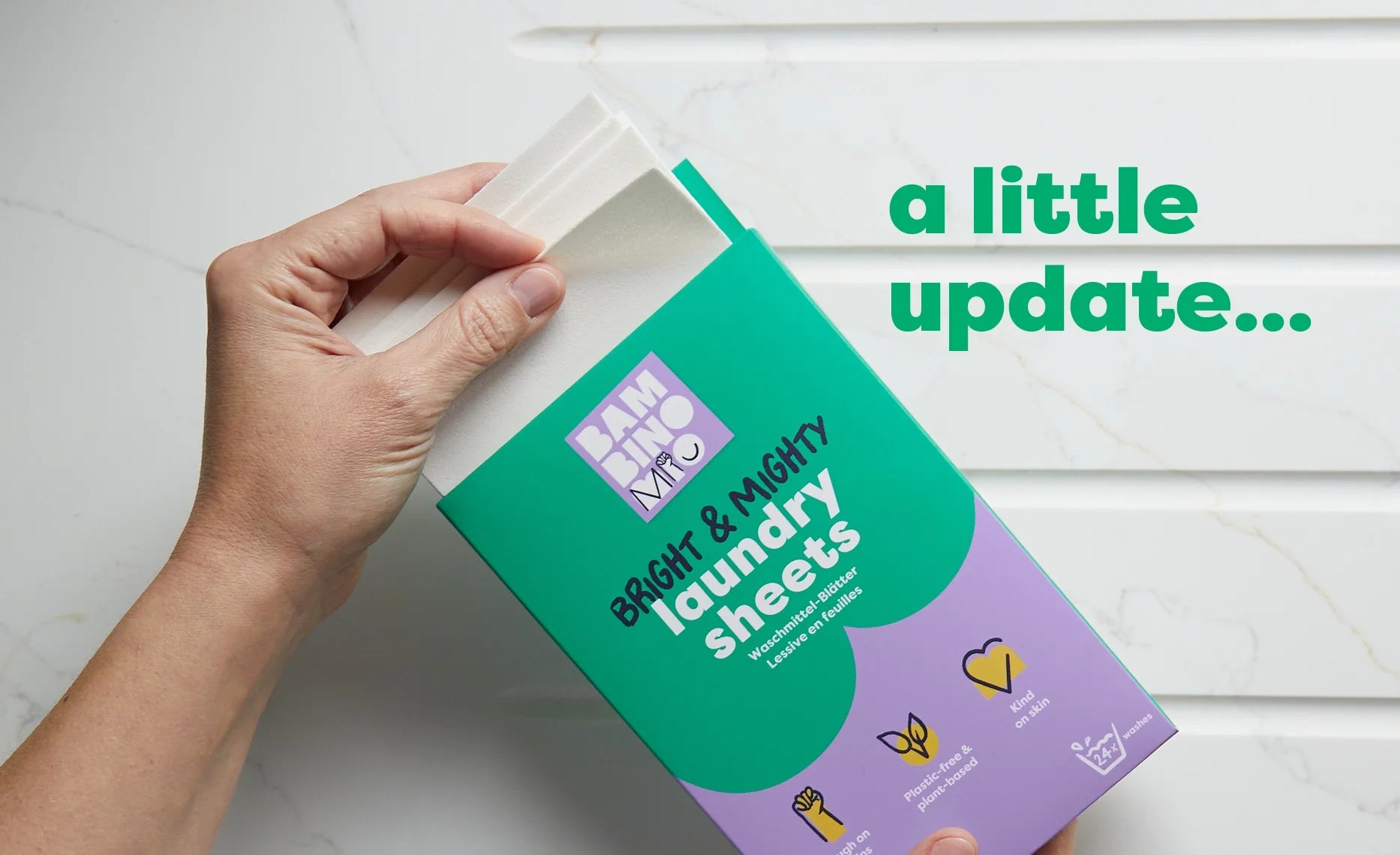Week 2 of Pregnancy | How Big is Your Baby at 2 Weeks?
Share Options
- Bambino Mio
- 09 / 07 / 2023

Inside this Article:
- You’re not quite pregnant yet…
- You’re preparing to ovulate!
- How you’re feeling at two weeks of pregnancy
- There may be some cervical changes
- Your sex drive might increase
- You might feel mittelschmerz
- Staying healthy at two weeks pregnant
- Remember your vitamins
- Keep stress to a minimum
- Things to think about at two weeks of pregnancy
- Citations and References
- Pregnancy by Week, What to Expect
Pregnancy is a time of huge change for you, your body and your life. Our guide will help you through this amazing time, letting you know what to expect at each stage and, most excitingly, what your baby is up to each week.
You’re not quite pregnant yet…
Although it’s the second week of your 40-week pregnancy, you’re still not pregnant, but by now, your body is getting an egg ready for release from an ovary.
Doctors count the first day of your last menstrual period (LMP) (1) as the start of your pregnancy, so even though there’s no baby just yet, your LMP determines your estimated due date (EDD). If you’ve just had a positive pregnancy test then you’re further along on your pregnancy journey and so our “How Big is Your Baby at Four Weeks?” is the article for you!
You’re preparing to ovulate!
There’s no baby developing just yet, but your body is putting everything in place for one - including an egg. In one of your ovaries, an egg is maturing and will break free any day now (2).
While this prison break is going on, your womb lining is proliferating (3) (growing thicker) so it’s a soft, blood and nutrient-rich place for your tiny baby (which will be a bundle of cells at this point) to land, implant and grow.
Your egg can survive for up to 24 hours after ovulation (4), but you don’t have to have sex within this 24-hour period. Sperm can live for up to five days in fertile cervical mucus (5) so you can have sex every other day during week two or a day or so before you ovulate for the best chance of conception.
Millions of sperm will start out on the race to the egg, but only a few will get to the fallopian tube. Out of these strongest, only one prevails and gets into the egg (6). When this happens, the egg is fertilised and, all being well, will develop into a baby.
How you’re feeling at two weeks of pregnancy
At two weeks of pregnancy, even if the egg is fertilised, you probably don’t feel any different to the way you usually do. If there are any sensations in your pelvis, they may be related to ovulation rather than pregnancy.
With a regular 28-day cycle, you’ll probably ovulate by the end of week two. If your cycle tends to be a bit longer, ovulation might be a bit later as it’s typically at the midway point of your monthly cycle (7).
There may be some cervical changes
Around the time you ovulate, your cervix becomes softer and slightly open and its mucus becomes thinner. Usually cervical mucus is thick and sticky, but around ovulation time it becomes thinner and more watery to make it easier for sperm to survive and swim in so they can get to the egg.
Your sex drive might increase
Your hormones can make you feel more like having sex at the time of your cycle when you’re most likely to conceive (8). Clever, eh?
You might feel mittelschmerz
Mittelschmerz means, literally, “middle pain”, because it occurs in the middle of your menstrual cycle. Some women can feel sharp pains, twinges or aches during ovulation and this can serve as a handy indicator of an egg being released.
If you do experience mittelschmerz (9) some or most months, then you have a handy guide to tell you you’re fertile!
Staying healthy at two weeks pregnant
Trying to conceive a baby is exciting but it does also carry some stresses. It can take a few months of trying and you might start to worry, or get fed up with the feelings of disappointment that can come with your period. It’s important to look after your physical and emotional health.
You should eat well (10) and take regular exercise (11), as well as make sure you get enough sleep and avoid bad habits like alcohol and tobacco (12). All of these things make you physically healthier, can also help you to feel less stressed and give you more chance of a healthy pregnancy.
Remember your vitamins
You may already be taking your folic acid supplement (13), either on its own or as part of a prenatal vitamin formulation. These vitamins, especially folic acid, help your baby to develop properly as well as help to keep you healthier.
Keep stress to a minimum
Everyday stresses such as work deadlines and a blocked sink aren’t going to affect your chances of starting and maintaining a pregnancy, but severe and prolonged stress might reduce your fertility a bit (14).
You can reduce your stress levels or make time to unwind by taking up meditation, yoga or more exercise. It’s also helpful to talk to friends and to “allow” yourself to relax. If you’re really suffering with stress, you should see your GP, but let them know you’re planning to conceive.
Things to think about at two weeks of pregnancy
Watch for signs of ovulation and if you want to be extra sure, try an ovulation predictor kit (OPK).
Take folic acid or prenatal vitamin supplements (15).
Try to have sex at least twice in the run up to ovulation (16) so that the sperm are ready to meet the egg when it’s released.
Make time to relax and look for ways to keep any stress under control.
Citations and References
(1) American College of Obstetricians and Gynecologists (ACOG). ‘How Long Does Pregnancy Last?’ 2023. Web. www.acog.org/womens-health/experts-and-stories/ask-acog/how-long-does-pregnancy-last
(2) Healthline. ‘What is Ovulation. What to Know About Your Menstrual Cycle. 2022. Web. www.healthline.com/health/womens-health/what-is-ovulation
(3) Healthline. ‘What is Proliferative Endometrium?’ 2018. Web. www.healthline.com/health/womens-health/proliferative-endometrium
(4) National Health Service (NHS). ‘Natural Family Planning (Fertility Awareness).’ 2021. Web. www.nhs.uk/conditions/contraception/natural-family-planning
(5) Cleveland Clinic. ‘Body Systems and Organs. Cervical Mucus.’ 2021. Web. my.clevelandclinic.org/health/body/21957-cervical-mucus
(6) Cleveland Clinic. ‘Conception.’ 2022. Web. my.clevelandclinic.org/health/articles/11585-conception
(7) National Health Service (NHS). ‘Women’s Health. How Can I Tell When I’m Ovulating?’ 2022. Web. www.nhs.uk/common-health-questions/womens-health/how-can-i-tell-when-i-am-ovulating
(8) National Institutes of Health (NIH). National Library of Medicine. ‘Women's Sexual Experience During the Menstrual Cycle: Identification of the Sexual Phase by Noninvasive Measurement of Luteinizing Hormone.’ 2004. Web. pubmed.ncbi.nlm.nih.gov/15216427
(9) National Health Service (NHS). ‘Health A to Z. Ovulation Pain.’ 2019. Web. https://www.nhs.uk/conditions/ovulation-pain
(10) National Health Service (NHS). ‘Keeping Well in Pregnancy. Eating Well in Pregnancy.’ 2023. Web. www.nhs.uk/pregnancy/keeping-well/have-a-healthy-diet
(11) National Health Service (NHS). Keeping Well in Pregnancy: Exercise in Pregnancy.’ 2023. Web. www.nhs.uk/pregnancy/keeping-well/exercise
(12) National Health Service (NHS). ‘Keeping Well in Pregnancy. Stop Smoking in Pregnancy.’ 2023. Web. www.nhs.uk/pregnancy/keeping-well/stop-smoking
(13) National Health Service (NHS). ‘Folic Acid. Pregnancy, Breastfeeding and Fertility While Taking Folic Acid.’ 2022. Web. www.nhs.uk/medicines/folic-acid/pregnancy-breastfeeding-and-fertility-while-taking-folic-acid
(14) WebMD. ‘Health and Pregnancy Guide. How Stress Can Hurt Your Chances of Having a Baby.’ 2020. Web. www.webmd.com/baby/features/infertility-stress
(15) National Health Service (NHS). ‘Keeping Well in Pregnancy: Vitamins, Supplements and Nutrition in Pregnancy.’ 2020. Web. www.nhs.uk/pregnancy/keeping-well/vitamins-Supplements-and-nutrition
(16) National Health Service (NHS). ‘Trying for a Baby. Trying to Get Pregnant.’ 2020. Web. www.nhs.uk/pregnancy/trying-for-a-baby/trying-to-get-pregnant
Pregnancy by Week, What to Expect






















